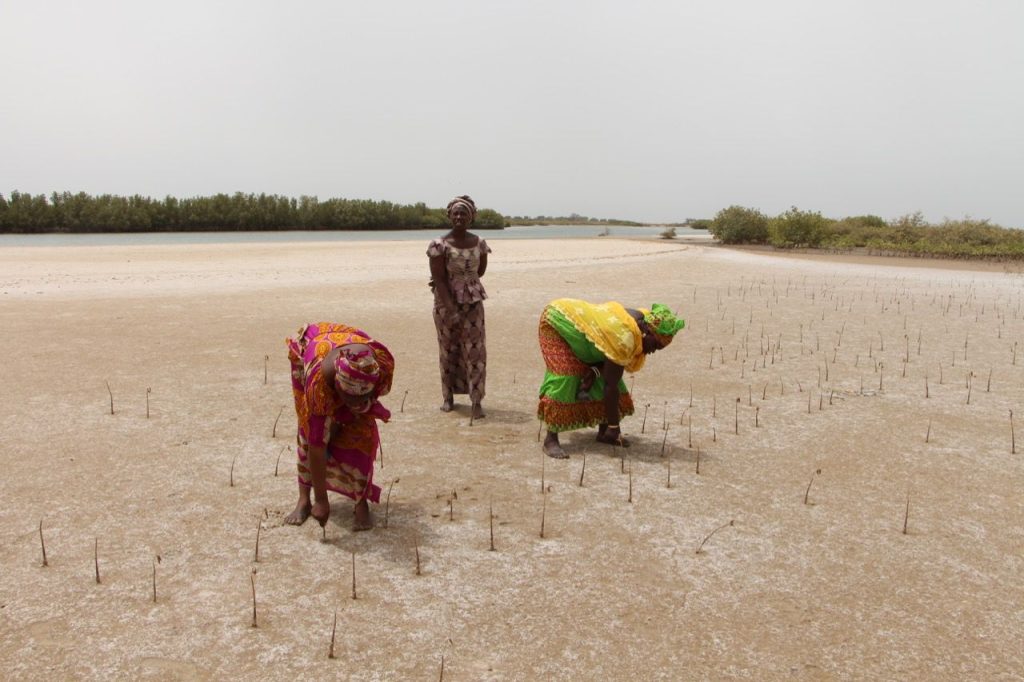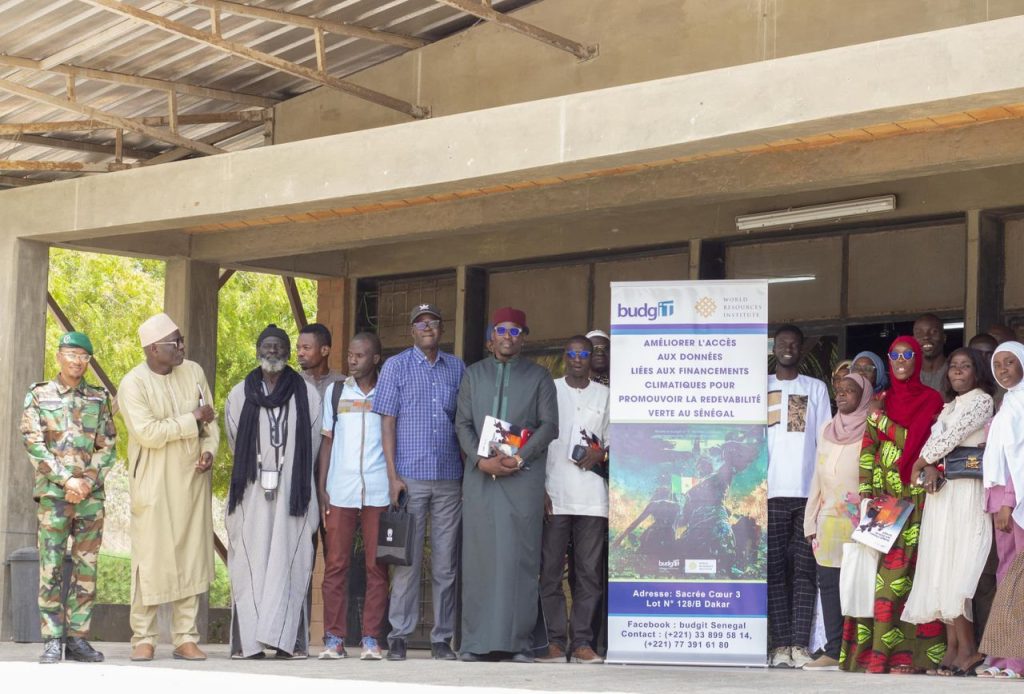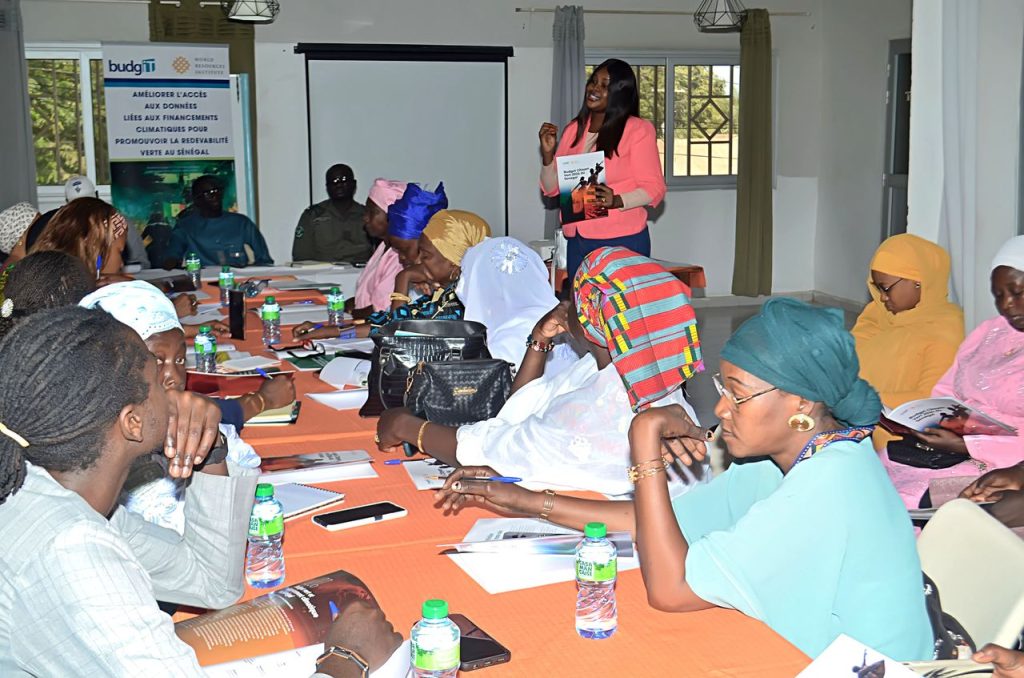Supporting civil society and grassroots organizations to make climate finance and action more transparent, inclusive and accountable.
18
Active Projects
10
Partners
3
Regions Active
100k+
Citizens Reached
Our Priority
Climate change poses a significant challenge for Senegal, a low-income country vulnerable to its numerous impacts. Projections show average temperatures rising by +1.17°C to +1.41°C by 2035, especially in the northeast and southeast. Rainfall is expected to decrease significantly in some areas, particularly in the northwest, while the southwest may see more extreme rainfall events. To respond, five organizations in Senegal, supported by the World Resources Institute, are working across three Thematic Priorities. While they focus on Improving legal frameworks and Nurture synergies amonglst keey stakehlders, we are focsed on establishing simplified mechanisms.
Improve
Improve the legal and institutional framework applicable to green accountability, ensuring accountability becomes a binding obligation for public institutions.
Establish
Establish a simplified, data-centered, sustainable and multi-scale (national and regional) mechanism for integrated monitoring of green accountability.
Synergize
Nurture synergies between civil society actors for the mobilization of citizens in the monitoring of climate and biodiversity instruments (CDN, SPNAB, PNA, etc.)
Focus Areas
This project aims to address the lack of accessible and transparent information on climate finance allocations to agriculture, energy, water and sanitation sectors in Senegal.
Agriculture
Ensuring climate finance supports resilient farming systems and food security for communities.
Energy
Expanding access to safe water resources while strengthening climate resilience.
Water & Sanitation
Improving public health through climate-sensitive sanitation infrastructure and services.
Where We Work
The Green Accountability Project in Senegal focuses on three climate-vulnerable regions: Saint-Louis, where rising seas and shrinking rains threaten food, water, and energy systems; Ziguinchor, where mangroves recede, fisheries collapse, and saltwater invades rice paddies; and Fatick, where drought and land degradation steadily erode agricultural potential and strain water and fuel supplies.
Explore Resources
Updates
Strengthening Community Resilience Across Senegal’s Most Vul…
Enhancing Green Budget Accountability in Senegal: BudgIT Hol…
BudgIT Senegal Engage the communities in the climate-impacte…
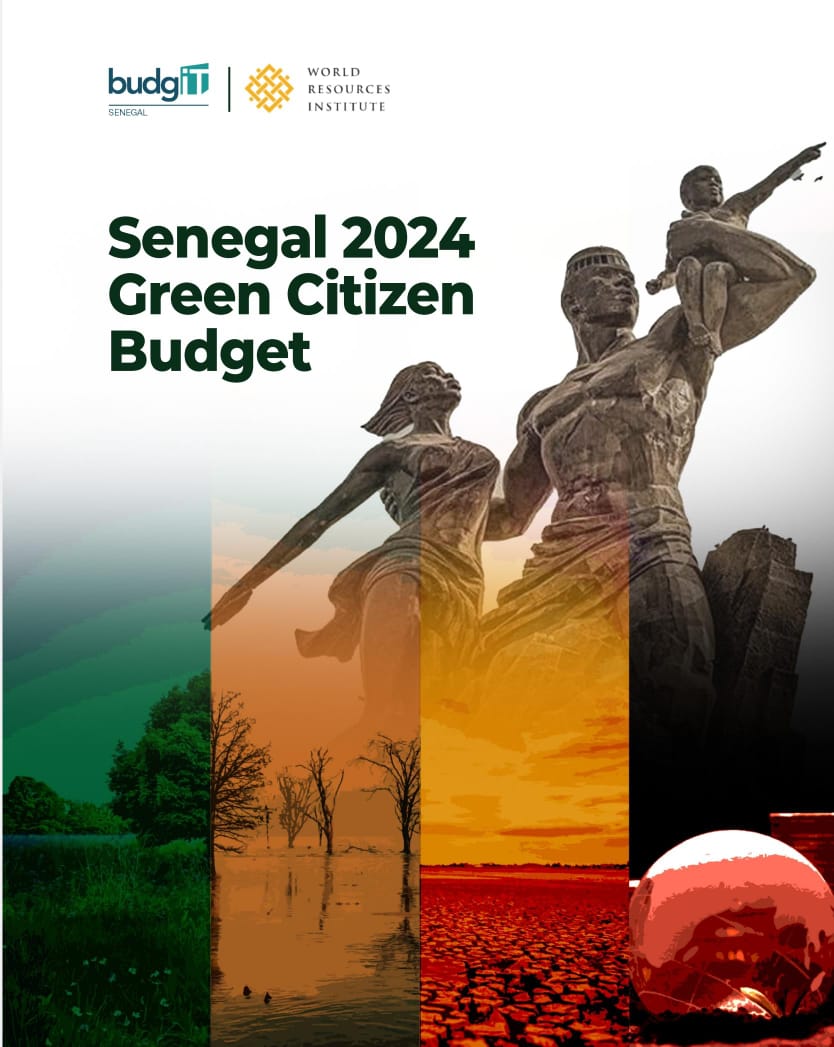
Publications
Explore reports, analyses, and policy briefs that bring deeper context to the challenges and solutions we’re pursuing.
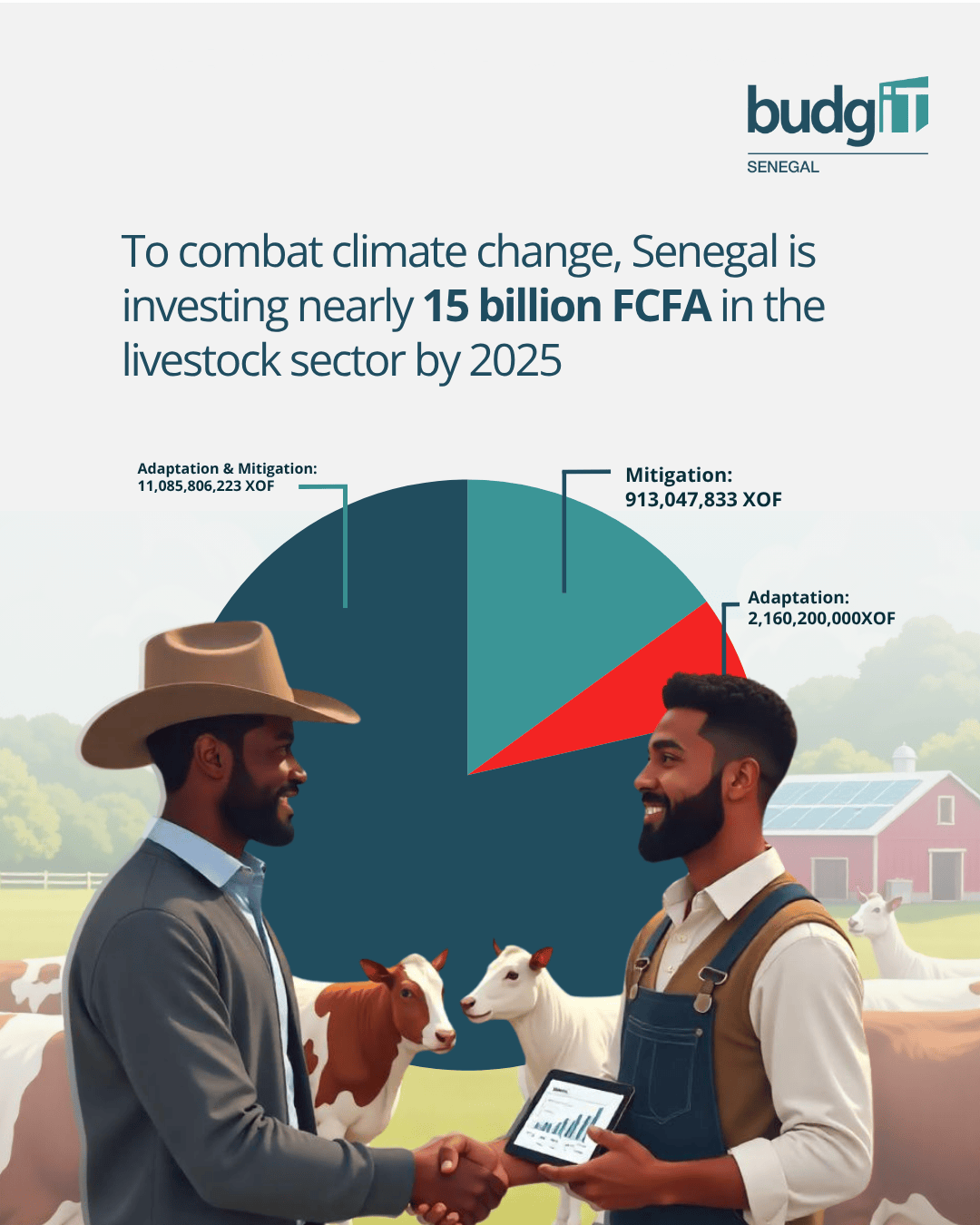
Infographics
Some ideas are best explained visually. Our infographics translate complex numbers and research into clear, accessible graphics that highlight patterns, trends, and key facts at a glance
Videos
Watch our compelling stories, explanatory animations, and event recordings to see our impact and message in action.
